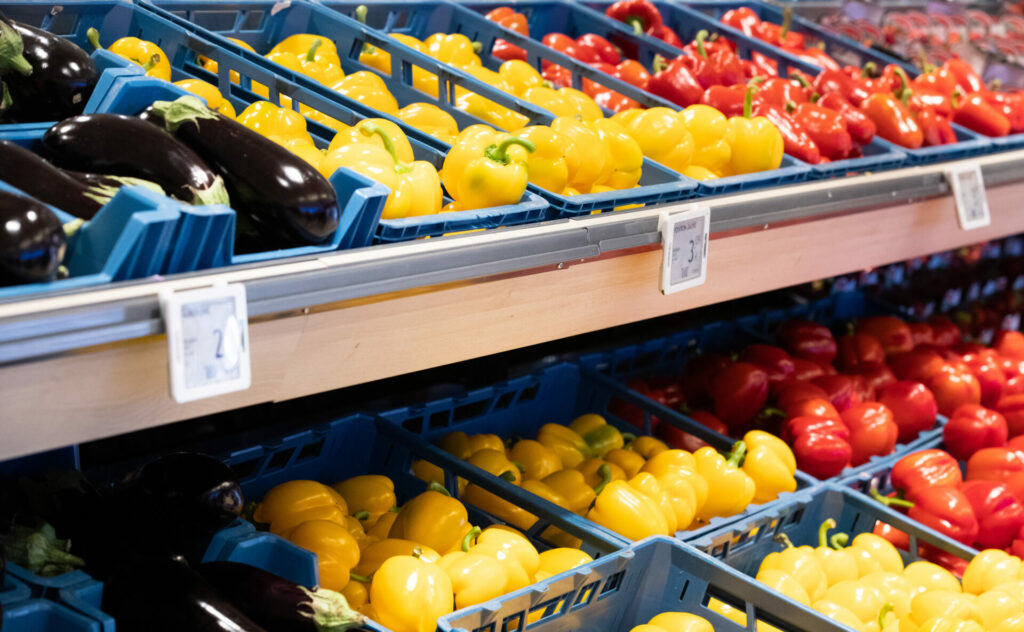Belgium's Federal Planning Bureau (FPB) has maintained its inflation forecasts for Belgium for this year, predicting an average inflation rate of 4.2% in 2023 which will then fall to 3% in 2024.
The FPB's unchanged estimate comes in spite of the fact that inflation in Belgium rose to 6.67% last month, up from 6.62% in February — the first increase since inflation peaked at 13.1% in October last year.
Last month, the FPB cut its inflation forecast for 2023 from 4.8% to 4.2%, citing lower energy prices as the principal reason for its downward revision. Inflation in Belgium averaged 9.59% last year — almost four times higher than in 2021, when it averaged 2.44%.
Predictive problems
The FPB's most recent forecasts, however, were based on oil futures quotes from 27 March — before the OPEC+ group of oil producing countries announced drastic cuts to their oil production. The announcement immediately led to a surge in oil prices, with Brent crude, the global benchmark, jumping by 5.31% to $84.13 a barrel.
"The development comes as a blow for inflation," Sophie Lund-Yates, Lead Equity Analyst at Hargreaves Lansdown, a British financial services company, told CNN. Her words were echoed by Nigel Green, the CEO of UAE-based financial consultancy deVere Group, who informed Politico that "the dramatic cut [in oil production] will only add to pressing global inflationary squeezes".
One further worry, which was cited by the FPB, is that Belgium's core inflation rate — which strips out the impact of energy and unprocessed food items — is still increasing, reaching 8.57% last month from 8.28% in February. Core inflation has steadily risen since March last year.
Related News
- A worrying reversal: Inflation in Belgium increases for first time in five months
- Inflation declines in neighbouring countries despite Belgian increase
Core inflation's continued increase, coupled with the fact that headline inflation in many countries (including in Belgium) is still well above the European Central Bank's (ECB) official 2% target, suggest that the ECB is unlikely to cut interest rates any time soon.
Last month, the ECB hiked its core interest rate by 0.5 percentage points to 3%: its sixth rate rise in the past 8 months.
In announcing the rate increase, ECB President Christine Lagarde reaffirmed the Bank's commitment to reducing the eurozone's inflation rate back to the ECB's 2% target level. "We are determined to return inflation back to 2% in the medium term, that should not be doubted, the determination is intact."
Her words echoed comments made in an interview in early March with Spanish media group Grupo Vocento, in which Lagarde explicitly noted that core inflation "is too high", and predicted that "core inflation will be stickier in the near term".

